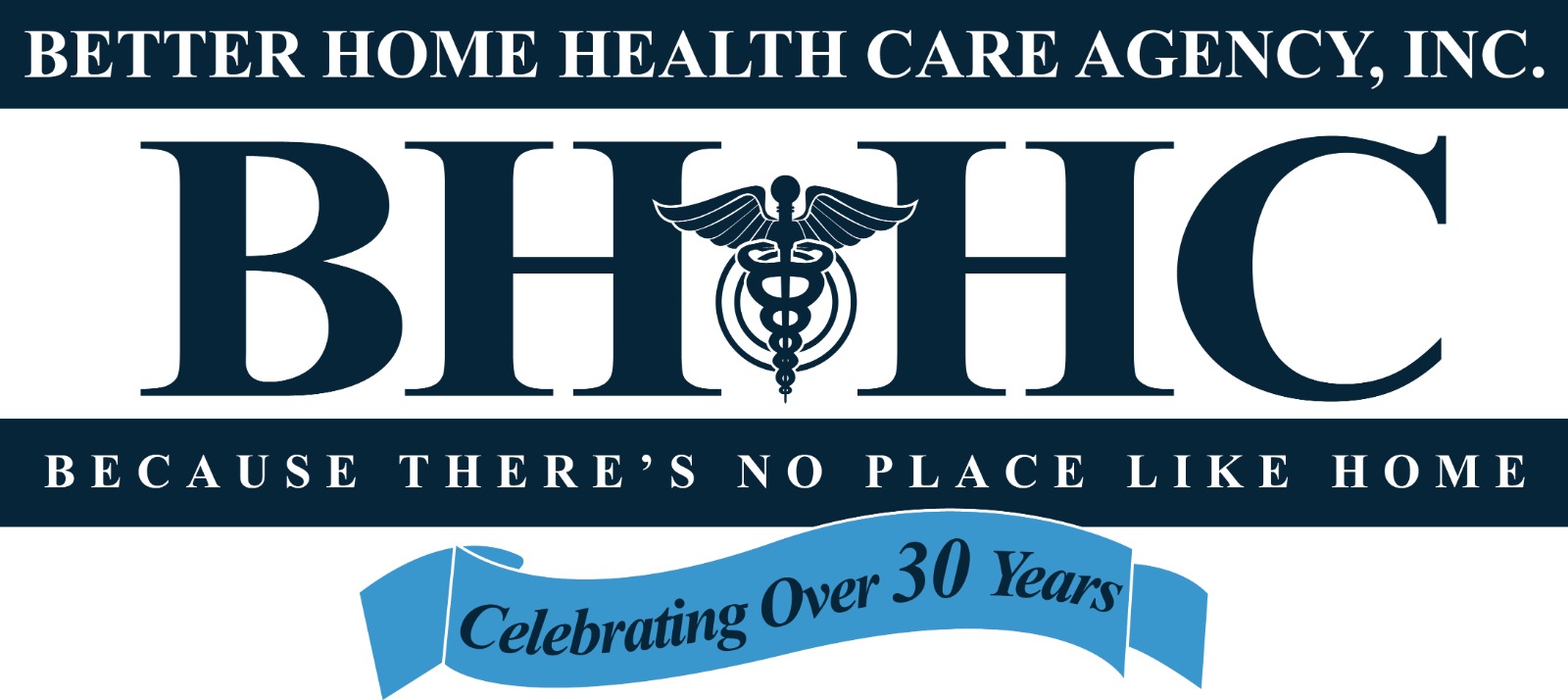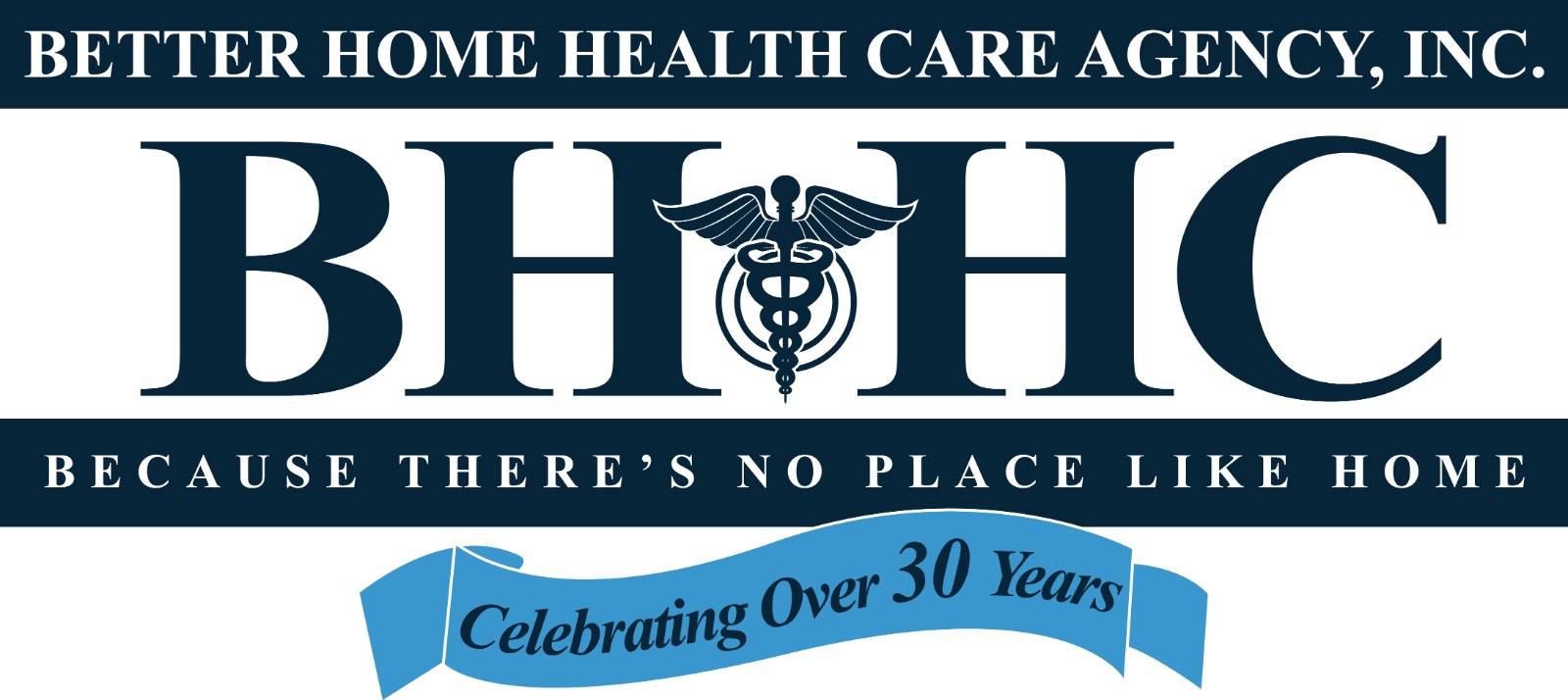Important Considerations

Most people don’t even think about home health care until they need it. But often it’s most needed at times when it can be difficult to make an important decision when someone is just being discharged from the hospital, recovering from an injury or trauma, or dealing with a chronic illness. That’s why the best time to consider a home health care provider is before you need one.
Know your options. Different health insurance plans (Medicaid, Medicare, and HMOs) may have different rules about what home care company you can and cannot select. Consult with your insurance company to find out what providers are available to you.
As of November 3, 1997, hospitals are required by Federal law to provide patients with a list of home health care agencies as part of the discharge planning process. They must identify for patients any facility or operation a patient is referred to which the hospital has a financial interest in. In addition, they must identify facilities or operations which have a financial interest in the hospital.
For Medicare-eligible participants enrolled in HMOs, the Health Care Financing Administration (HCFA), says that HMOs must make necessary medical care and services available and accessible. They may not unreasonably limit the amount of home health available to you. You have the right to appeal if you believe that medically necessary care has been denied, reduced, or terminated inappropriately.
If you believe your HMO is not meeting its obligations or may be violating your rights
Complain directly to the HMO. You must write to your HMO asking it to reconsider its decision to deny, reduce or terminate care, coverage or payment. Every HMO is required to have a process to handle complaints, and the HMO must give you detailed information on how to file a complaint
Contact your local or State Insurance Counseling and Assistance Program (ICA) which has been set up to assist Medicare beneficiaries in resolving problems with, or answering questions about, their Medicare benefits. To obtain the phone number of your ICA, you can call the Medicare toll-free Hot Line at 1-800-MEDICARE (633-4227), or your local Area Agency on Aging office, at 1-800-677-1116 (the Eldercare Locator number).
Who should receive home health care?
For many Americans, home health care is becoming a much more common way to receive medical care, whether it’s for at-home nursing care after a hospital stay or ongoing assistance with daily living. Nowadays, patients are being discharged sooner from hospitals and are receiving care in their own home. And, thanks to technological advances, many procedures, including dialysis, chemotherapy and wound care, which previously could be performed only in a medical facility, can now be safely and efficiently carried out in a home setting.
As time goes on it’s expected that more and more Americans will be receiving much of their medical care where they prefer- in the comfort of their own homes.
That’s why being educated about your preferred home health care provider is so important. You may never need one. But if you do, you’ll want to be sure your care comes from the provider that truly meets your needs.

